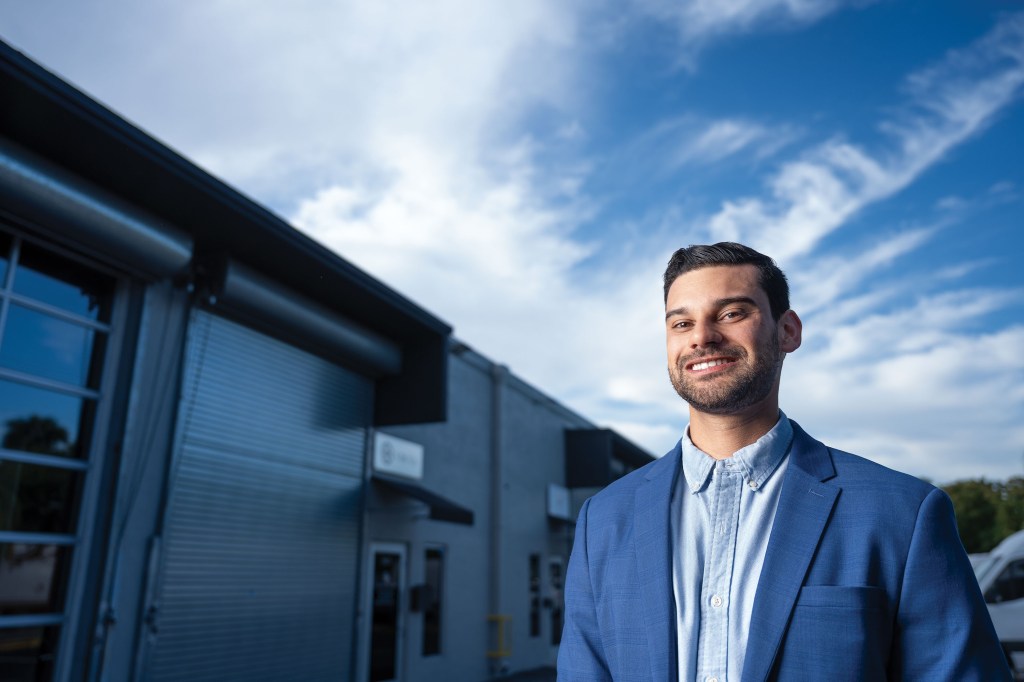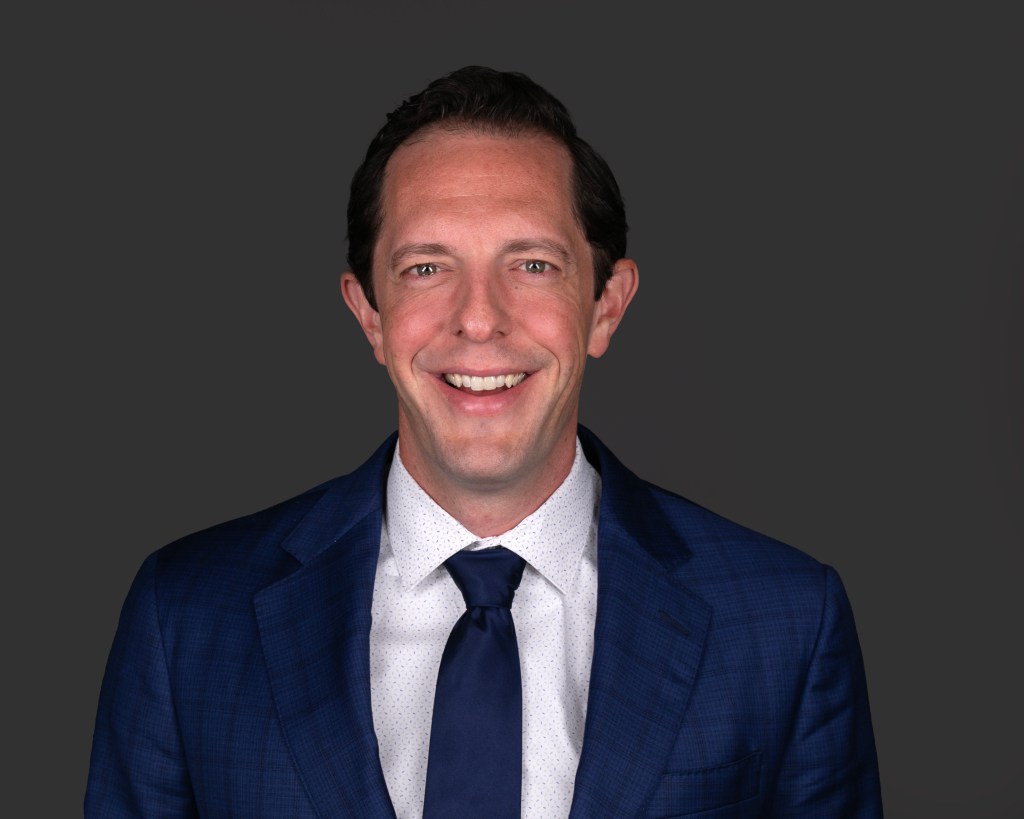How Individualized Sales Training Ignites Results

Bt Casey Cunningham
When I first embraced the words “I am responsible,” I was 9 years old—too young to fully understand the weight the words carried. In the wake of my father’s sudden death, I wasn’t thinking about leadership or accountability. I was thinking about how to survive. But even at that young age, I knew someone had to step up. Someone had to take care of the things that mattered, even when it felt impossible. And somehow, I decided that someone was me.
Over time, those three words became more than just a mantra—they became the foundation of my leadership philosophy. They’ve shaped how I think about personal growth, professional development, and how people truly learn and change. If there’s one thing I’ve learned, it’s this: Growth is personal. Transformation is personal. And responsibility? It has to start from within.
Too often, companies invest in sales training that assumes everyone learns the same way, is motivated by the same goals or responds to the same tactics. That approach may check a box, but it rarely changes behaviors or results.
Sales is personal, and sales training should be too.
The most effective training doesn’t just teach, it transforms. And that only happens when individuals take ownership of their growth. One powerful way to begin that process is with a simple question: What are you responsible for?
More From the June Issue
This isn’t just about job descriptions or quotas. It’s about uncovering the deep-seated drivers that push each person to succeed. What do they want? What’s holding them back? What vision do they have for their career and their life? These aren’t just coaching questions. They’re ownership questions and they’re the beginning of a personalized path to excellence.
Let me tell you about Emily. When I first met her, she was a new agent with a lot of potential and even more self-doubt. She didn’t see herself as a top producer. She didn’t speak up in meetings. But when we sat down one-on-one, I asked her, “What are you really capable of?”
That question changed everything.
With individualized coaching, customized learning plans and a focus on mindset instead of skill sets, Emily didn’t just improve. She soared. Within a year, she doubled her production. Within two years, she was mentoring others. That’s the ripple effect of individualized training. One person’s growth becomes a spark for an entire culture.
Every salesperson brings a unique blend of strengths, gaps, habits and aspirations. Generic training can’t meet people where they are. But a tailored approach can.
Here are five ways to bring more personalization into a sales training model:
1) Assessment first. Start with a diagnostic test to understand each salesperson’s mindset, behaviors and performance metrics. Let the data shape the path forward.
2) Mindset as a metric. Skills can be taught. Belief must be nurtured. Integrate mindset development into every stage of training to help individuals build resilience, confidence and accountability.
3) Live coaching. Learning sticks when it’s reinforced. Include live coaching sessions to help people apply concepts directly to their pipelines.
4) Accountability systems. From weekly check-ins to daily commitments, build structures that help individuals own their progress and stay on track.
5) Leader involvement. Sales managers shouldn’t be bystanders; they’re critical players. Train leaders to coach the individual, using a shared language of ownership and personalization.
You might think this level of personalization is only possible in small groups. Not true. With the right technology, data and repeatable frameworks, individualized training can scale to large teams and still feel personal.
But here’s the magic. When every individual takes ownership of their development, they don’t just learn more—they believe more. They believe in themselves, their leaders and their potential. That belief is the foundation of sustainable performance.
Responsibility isn’t a burden. It’s a gift. When a salesperson takes ownership of their development, they create ripples that extend far beyond their own career. They influence peers, inspire customers and impact their companies.
I go back to the story of Emily often—one of the first leaders who told me that the ideas I shared had changed her life and, in turn, changed the lives of her team. That moment taught me that responsibility shared is responsibility multiplied.
Ask yourself and your team: “What are you responsible for?” And then, build your training around the answers. Because when people say, “I am responsible,” they stop waiting for permission. They stop making excuses. And they start making progress.
Casey Cunningham is the CEO and founder of XINNIX, a premier leadership and sales performance company. For more information, call 678-325-3500 or email info@XINNIX.com to schedule a meeting.











